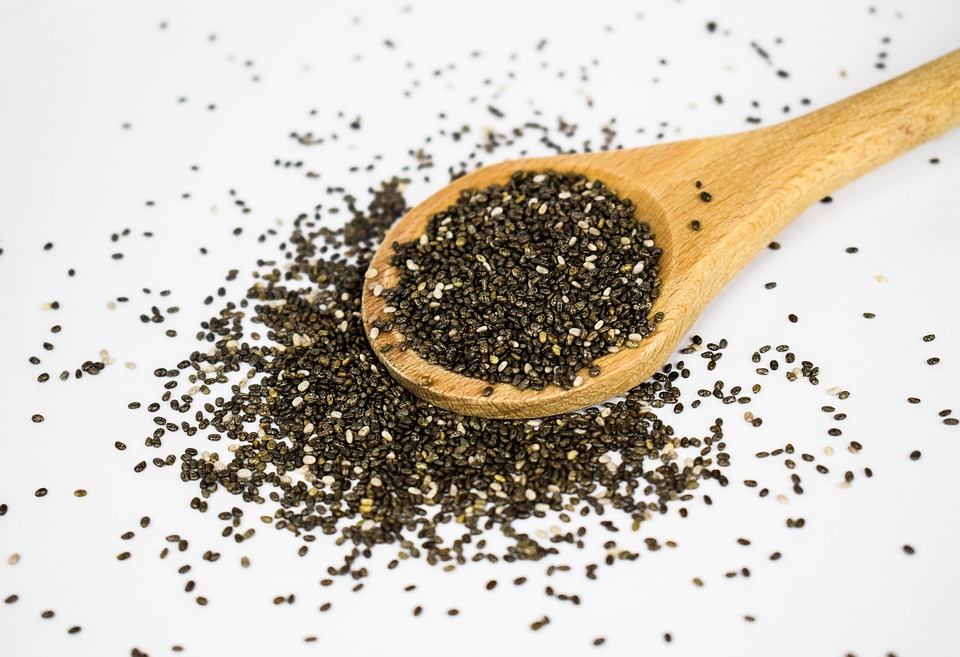Introduction
Superfoods have gained significant popularity in recent years due to their high nutritional value and various health benefits. These foods pack a powerful punch when it comes to vitamins, minerals, antioxidants, and other essential nutrients that support overall well-being. By incorporating superfoods into your diet, you can greatly enhance your nutrition and help prevent chronic diseases. In this ultimate guide, we will explore what superfoods are and understand why you should start including them in your daily meals.
What are Superfoods?
Superfoods are natural foods that are densely packed with important nutrients. They are usually loaded with antioxidants, fiber, vitamins, and minerals, which contribute to excellent health and vitality. Many superfoods are plant-based, such as berries, leafy greens, nuts, seeds, and whole grains. However, some animal-based foods like fatty fish and certain dairy products also make the superfoods list. Incorporating these nutrient-rich foods into your diet can have a significant impact on your overall well-being.
Why Should You Eat Superfoods?
Eating superfoods provides a multitude of benefits for your health. Here are some reasons why you should consider adding them to your daily meals:
1. Boosting Nutritional Intake
Superfoods are powerhouses of essential nutrients. Including them in your diet ensures that you are getting a wide range of vitamins, minerals, and antioxidants, which are crucial for maintaining optimal health. These nutrients support various bodily functions, such as boosting the immune system, improving heart health, promoting brain function, and supporting healthy skin.
2. Reducing the Risk of Chronic Diseases
Many superfoods contain compounds that have been linked to a reduced risk of chronic diseases. For example, berries are rich in antioxidants that help protect against cell damage and reduce the risk of age-related diseases like cancer and heart disease. Cruciferous vegetables, such as broccoli and kale, contain compounds that may help prevent certain types of cancer. Including superfoods in your diet can significantly contribute to disease prevention.
3. Supporting Weight Management
Superfoods are often low in calories but dense in nutrients, making them an excellent choice for maintaining a healthy weight. They provide satiety while offering essential nutrients, which can help control appetite and prevent overeating. Additionally, some superfoods, like chia seeds and avocados, contain healthy fats that promote feelings of fullness and can aid in weight loss efforts.
4. Enhancing Energy and Brain Function
The nutrients found in superfoods can also positively impact energy levels and brain function. Omega-3 fatty acids, commonly found in fatty fish like salmon, support brain health and have been linked to a reduced risk of cognitive decline. Blueberries, another superfood, have been shown to enhance memory and improve overall brain function. By consuming superfoods, you can fuel your body and mind, leading to increased productivity and mental clarity.
5. Promoting Digestive Health
Many superfoods are excellent sources of dietary fiber, which is crucial for maintaining a healthy digestive system. Fiber aids in regular bowel movements, preventing constipation, and promoting a healthy gut. Foods like beans, lentils, and whole grains are high in fiber and can contribute to better digestion. Including superfoods with high fiber content in your diet can support a healthy gut microbiome and overall digestive health.
Popular Superfoods to Incorporate Into Your Diet
Now that you understand the numerous benefits of including superfoods in your diet, here are some popular superfoods you should consider incorporating:
1. Berries
Blueberries, strawberries, raspberries, and other berries are packed with antioxidants, fiber, and vitamins. They are excellent for improving heart health, reducing inflammation, and supporting brain function.
2. Leafy Greens
Kale, spinach, and other leafy greens are rich in vitamins A, C, and K, as well as iron and folate. These greens support bone health, improve vision, and strengthen the immune system.
3. Nuts and Seeds
Almonds, walnuts, chia seeds, flaxseeds, and many other nuts and seeds are great sources of healthy fats, protein, and fiber. They promote heart health, aid in weight management, and provide essential nutrients.
4. Whole Grains
Quinoa, brown rice, oats, and whole wheat are packed with fiber, vitamins, and minerals. Whole grains support digestive health, help regulate blood sugar levels, and provide sustained energy.
5. Fatty Fish
Salmon, trout, and sardines are rich in omega-3 fatty acids, which improve heart health, reduce inflammation, and support brain function. These fish are also excellent sources of high-quality protein.
6. Greek Yogurt
Greek yogurt is a protein-rich superfood that contains probiotics, which promote a healthy gut microbiome. It also provides calcium, vitamin B12, and other essential nutrients for overall health.
Conclusion
Incorporating superfoods into your diet is a simple and effective way to enhance your overall well-being. These nutrient-dense foods provide a plethora of health benefits, such as boosting nutritional intake, reducing the risk of chronic diseases, supporting weight management, enhancing energy and brain function, and promoting digestive health. By including popular superfoods like berries, leafy greens, nuts and seeds, whole grains, fatty fish, and Greek yogurt in your meals, you can take significant steps towards a healthier lifestyle. Start enjoying the benefits of superfoods today!




